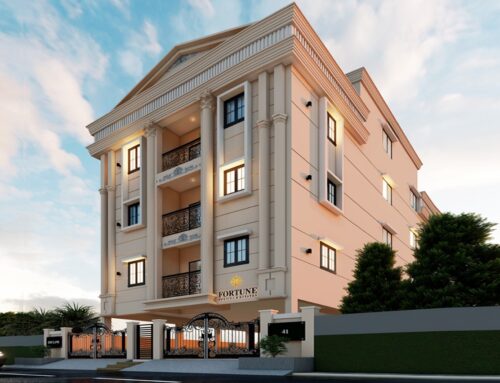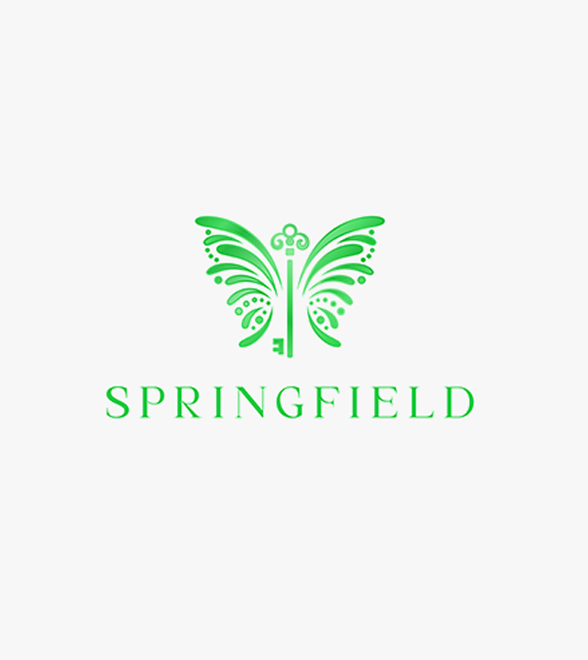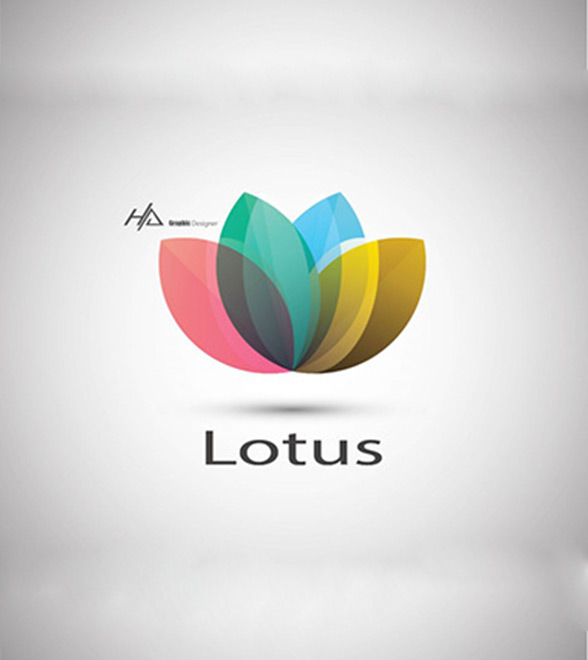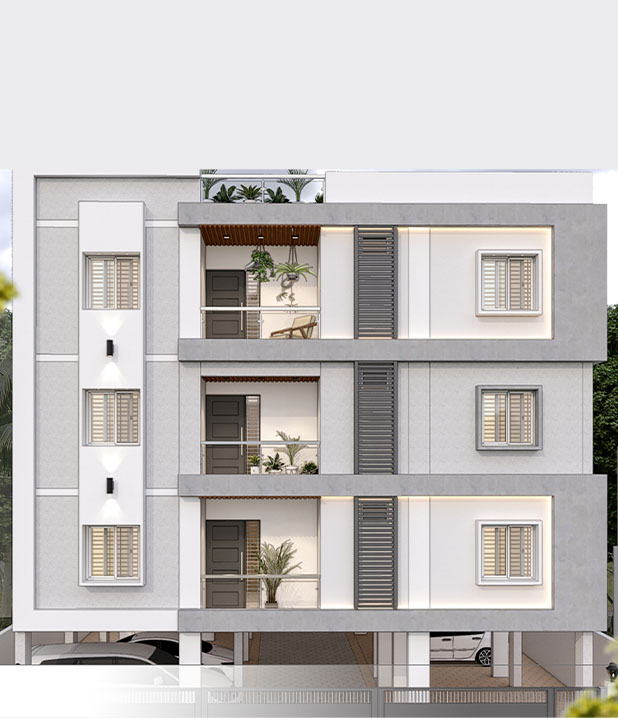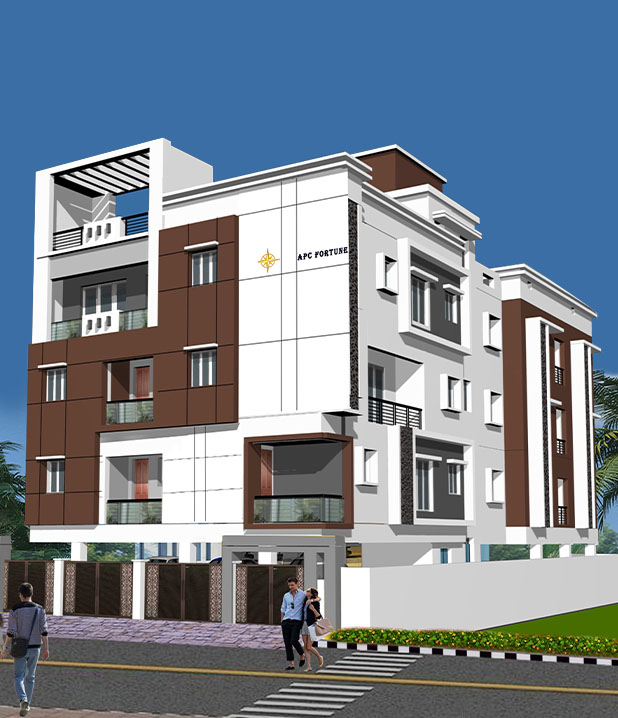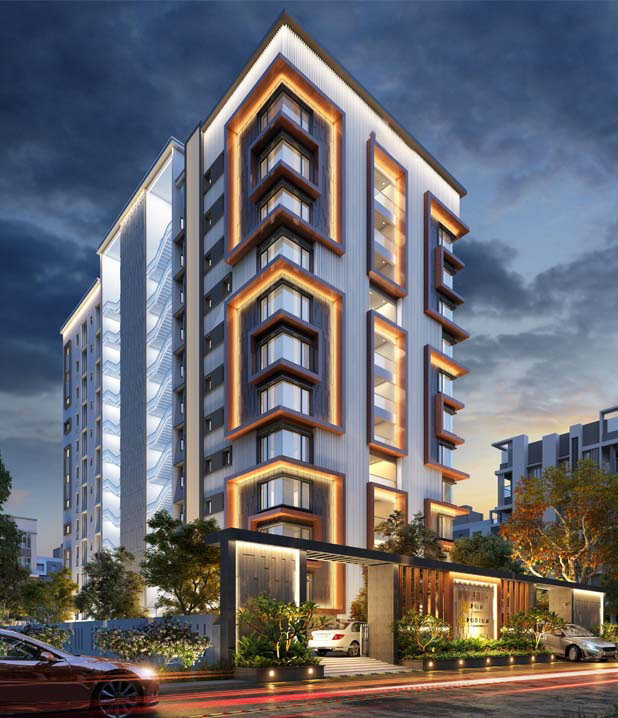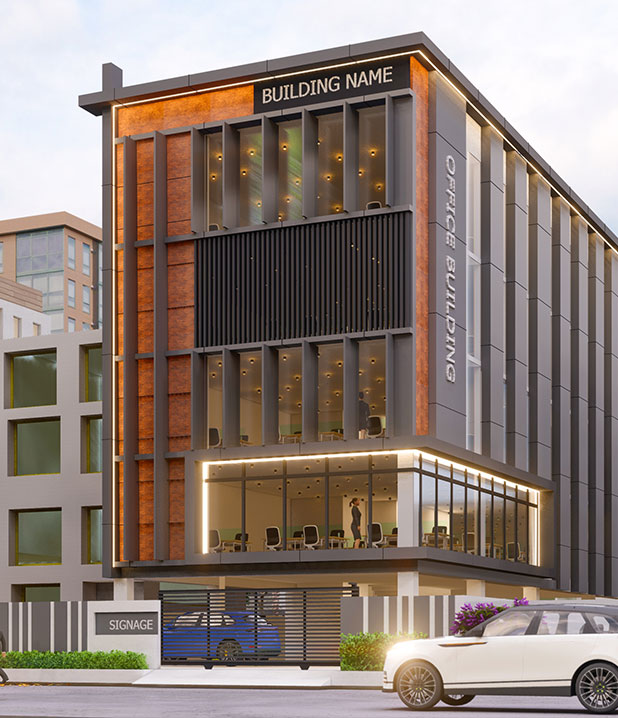As we advance into the 21st century, the dynamics of urban living are poised for a profound transformation, driven by technological innovations, a heightened focus on sustainability, and evolving social paradigms. The real estate landscape is at the cusp of a revolutionary shift, offering a reimagined vision of city life that reflects these emerging trends.
The emergence of smart cities heralds a new era of urban sophistication. What was once the stuff of speculative fiction is now materialising into an integrated reality where technology intricately enhances daily life. Envision urban landscapes where intelligent systems weave seamlessly into the fabric of the city. Advanced traffic management systems optimise congestion in real-time, while energy-efficient buildings adjust their operations based on occupancy and environmental conditions. The deployment of Internet of Things (IoT) devices and Artificial Intelligence (AI) in residential and commercial properties is setting a new standard, where automation and connectivity elevate the living experience to unprecedented levels. As these technologies continue to evolve, the expectation for urban properties to embody these intelligent features will intensify, thereby redefining our interaction with urban environments.
Sustainability is evolving from a trend into a core principle of urban development. The increasing urgency of addressing climate change and environmental degradation has catalysed a shift towards eco-conscious real estate. Green buildings, which prioritise energy efficiency, water conservation, and the use of sustainable materials, are becoming more prevalent. The concept of net-zero energy homes—structures that generate as much energy as they consume through innovations such as solar panels and geothermal systems—is gaining significant traction. Furthermore, urban planners are increasingly emphasising the creation of walkable cities with abundant green spaces, reducing dependence on automobiles and fostering healthier lifestyles. For investors and homeowners, embracing sustainability is not merely a matter of ethical responsibility but also a prudent financial strategy, as eco-friendly properties often command higher market values and incur lower operational costs.
The rise of co-living and co-working spaces epitomises a shift towards a more communal and flexible approach to urban living. As urban housing costs continue to soar, co-living arrangements present an appealing alternative by combining affordability with a strong sense of community. These spaces offer shared amenities such as kitchens, lounges, and recreational areas, while also providing private quarters. This model is particularly attractive to millennials and young professionals who seek both social interaction and flexibility. Concurrently, co-working spaces are redefining the traditional office environment, offering collaborative workspaces that foster networking and innovation. With the proliferation of the gig economy and remote work, the demand for these adaptable, community-focused spaces is on the rise. They not only cater to practical needs but also contribute to a more cohesive and dynamic urban experience.
Mixed-use developments represent a paradigm shift in urban planning, merging residential, commercial, and recreational spaces within a single framework. This approach offers unparalleled convenience by allowing residents to access a diverse array of amenities within close proximity to their homes. The appeal of mixed-use developments lies in their ability to create integrated, self-sustaining communities where the boundaries between living, working, and leisure are seamlessly blurred. This holistic approach enhances the quality of urban life by minimising commute times and enriching the overall urban experience. As cities continue to expand and evolve, the prominence of mixed-use developments is expected to increase, offering a comprehensive vision of modern urban living.
The impact of remote work, accelerated by recent global events, has profoundly influenced urban real estate dynamics. The shift towards home-based work has generated a heightened demand for larger living spaces equipped with dedicated home offices and high-speed internet. This trend is also reshaping residential location preferences, with suburban and even rural areas gaining favour as individuals seek more space and improved quality of life. In response, urban planners and developers are reimagining cityscapes to accommodate this new mode of working, focusing on creating adaptable environments that cater to the evolving needs of remote professionals.
The future of urban living is characterised by a confluence of technological advancement, environmental stewardship, and evolving societal needs. As cities increasingly embrace smart technologies, sustainable practices, and flexible living arrangements, the real estate sector will undergo a profound transformation. These emerging trends signify a broader shift towards a more integrated, efficient, and human-centric urban experience. For stakeholders in real estate, staying attuned to these developments will be crucial.
The urban environments of tomorrow will not merely be places to inhabit but dynamic, multifaceted ecosystems where technology, sustainability, and community converge to redefine the essence of city living.

